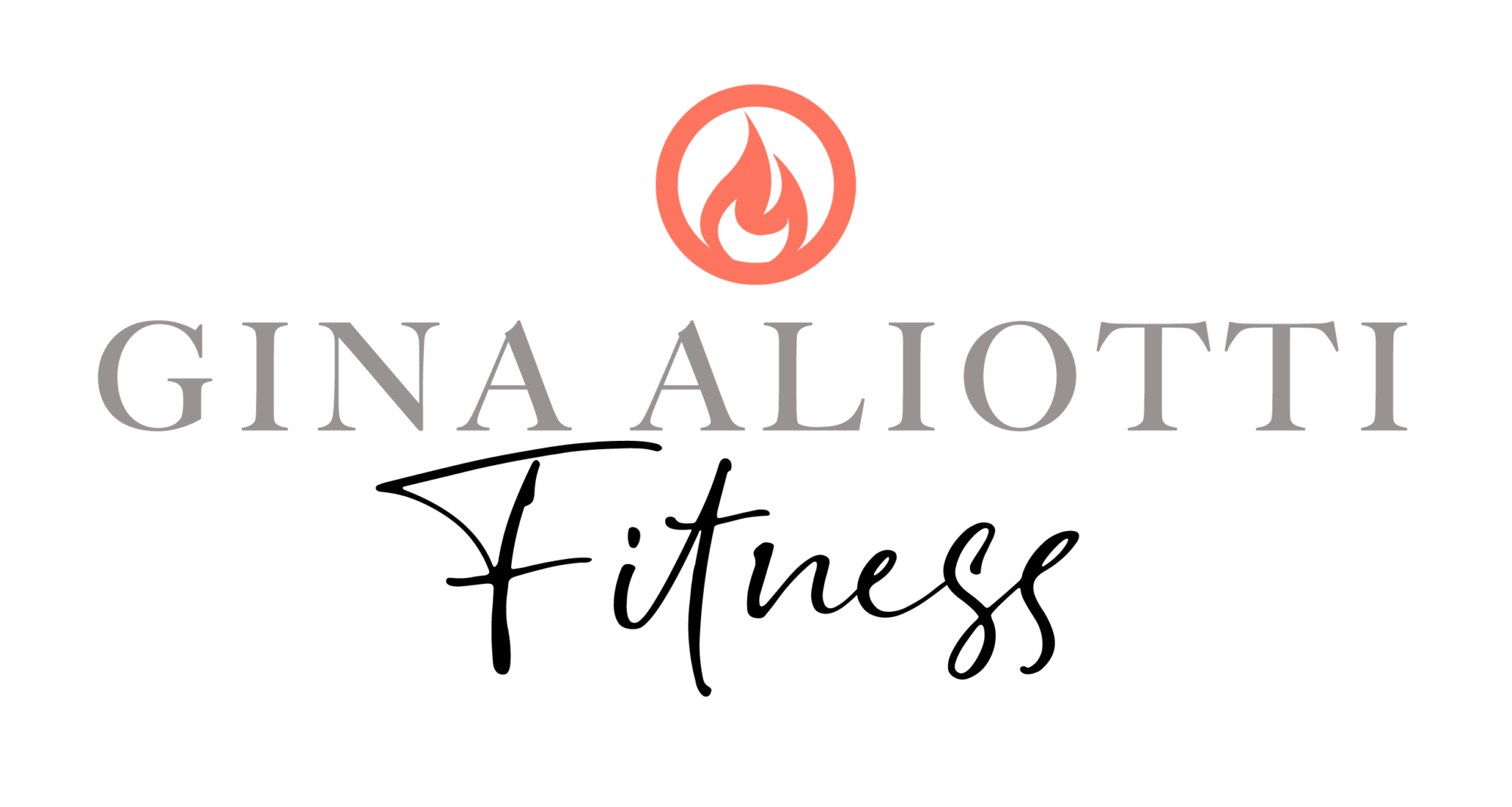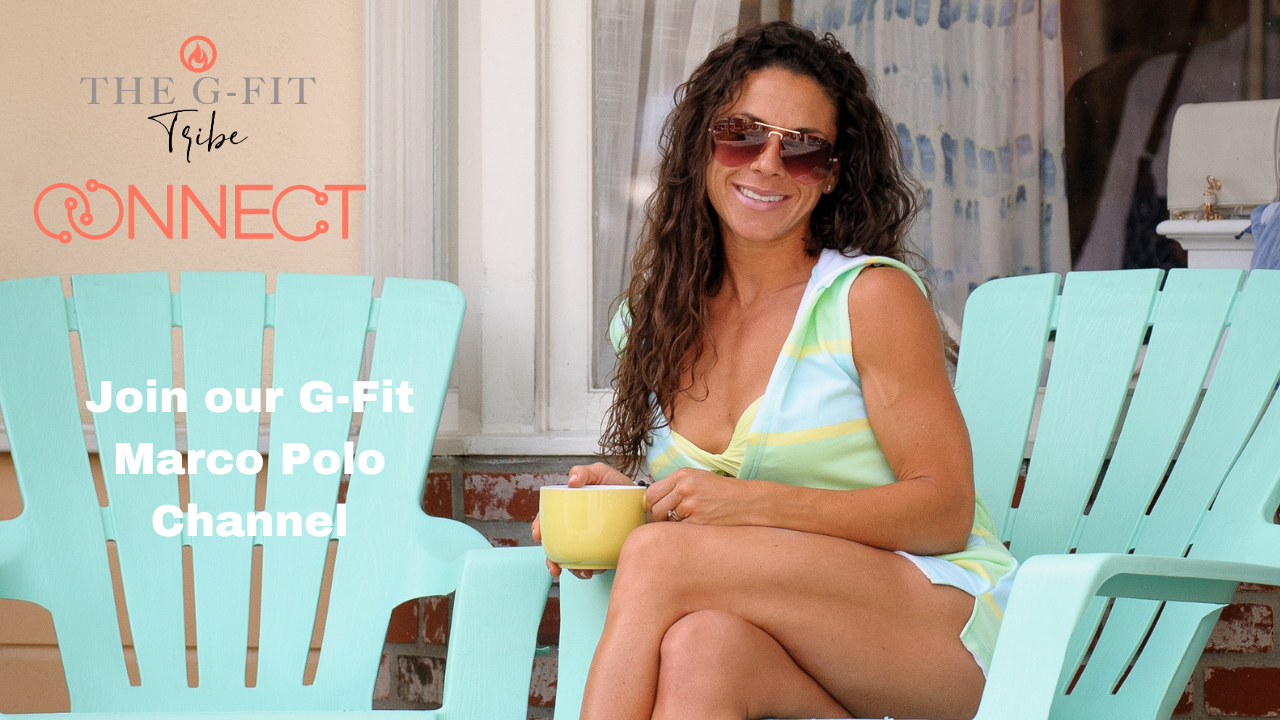Nice round, firm, toned glutes, we all want them right!? The gluteals — your butt muscles — are the largest and strongest muscles in the body. Their function is hip extension, or driving the upper legs backward. It is super important to make sure these muscles are getting their workout. So many things we do engage our glutes from walking, running, jumping, stepping, and climbing. Lunges, leg lifts, and squats are all great for exercising the glutes. The squat is a very common exercise that can be performed in so many different ways. It is the only exercises that will work 75% of your muscles with one, single movement! The squat can be performed anywhere and typically can be done from little to no weight and in so many different ways. You definitely want to incorporate the squat into your workouts but be sure that you are doing them right and focusing on proper perfect form!
A few of my favorite Squat Variations:
The Traditional Squat
You want to make sure you master the traditional squat before moving onto other variations. Stand with your feet hip-width apart, with your weight on your heels. Keep your abs tight and your shoulders squarely over your hips. Sit back and down as if you were going to sit on a bench. Keep your back straight. Then stand up, straightening your legs, and repeat. The key is to go as low as you can with proper form and accelerating with all the emphasis in your heels, squeezing your glutes the entire time. This exercise can be performed with or without weight.
Sumo Squat
Place your feet as wide apart as you can and point your toes outward. Lower your body until your thighs are parallel to the floor. Hold for a beat, then exhale and press back up to the starting position. Repeat. This squat modification places a greater emphasis on the inner and outer thigh muscles.
Ski Squat
Squatting against the wall is known as the ski squat. Step about 2 feet away from a way, take a natural stance, then lean back onto the wall. Slide down the wall and maintain the deep squat, with your knees never going past your toes, for 5-60 seconds then return to standing starting position. Repeat by sliding down the wall again until you have completed your reps.
Front Squat
A front squat involves placing the bar across the anterior deltoids or the front of your shoulders. This squat is performed the same as your Traditional Squat but with the barbell held in front of you, along your upper chest and deltoid muscles.
Plie Squat
Standings, grab a single dumbbell, plate or kettlebell. Now, taking a wide stance, squat down with the weight dangling between your legs. Lower yourself as far as your flexibility and balance allows, and then drive back up, using your heels, to just short of lockout. Repeat.
One-Legged Squat (King Squat)
Eventually, try this advanced squat by “free standing” or starting by using your opposite arm and hold onto a pole for balance. Stand with your weight balanced on on leg. Lift your opposite leg an inch or so off the ground. Keep your head up, and don’t lean forward; abs stay tight, and the right heel stays on the ground. Don’t let the knee extend over the toe. Slowly lower yourself as far as you can comfortably go. Exhale and stand up straight, still balancing on grounded leg. Continue for a full set on the right leg, then switch to the left leg and repeat.
Remember, as you perform these variations of the Squat, Form is KEY!
Top Tips for Performing a Perfect Squat:
-Keep your eyes focused forward.
-Don’t lean forward or let your heels come off the ground.
-Keep your chest up, shoulders back.
-Don’t let your knees travel forward over your toes or turn inward as you lower or rise.
-Keep your belly button sucked in toward your spine as you stand back up, being careful not to arch your back.
-Keep your core engaged at all times and in the forefront of your mind as you perform each exercise

